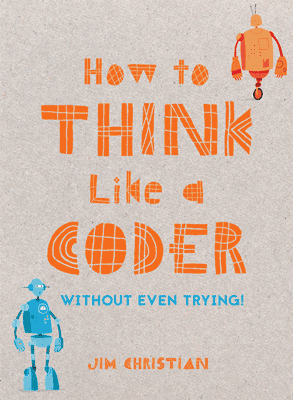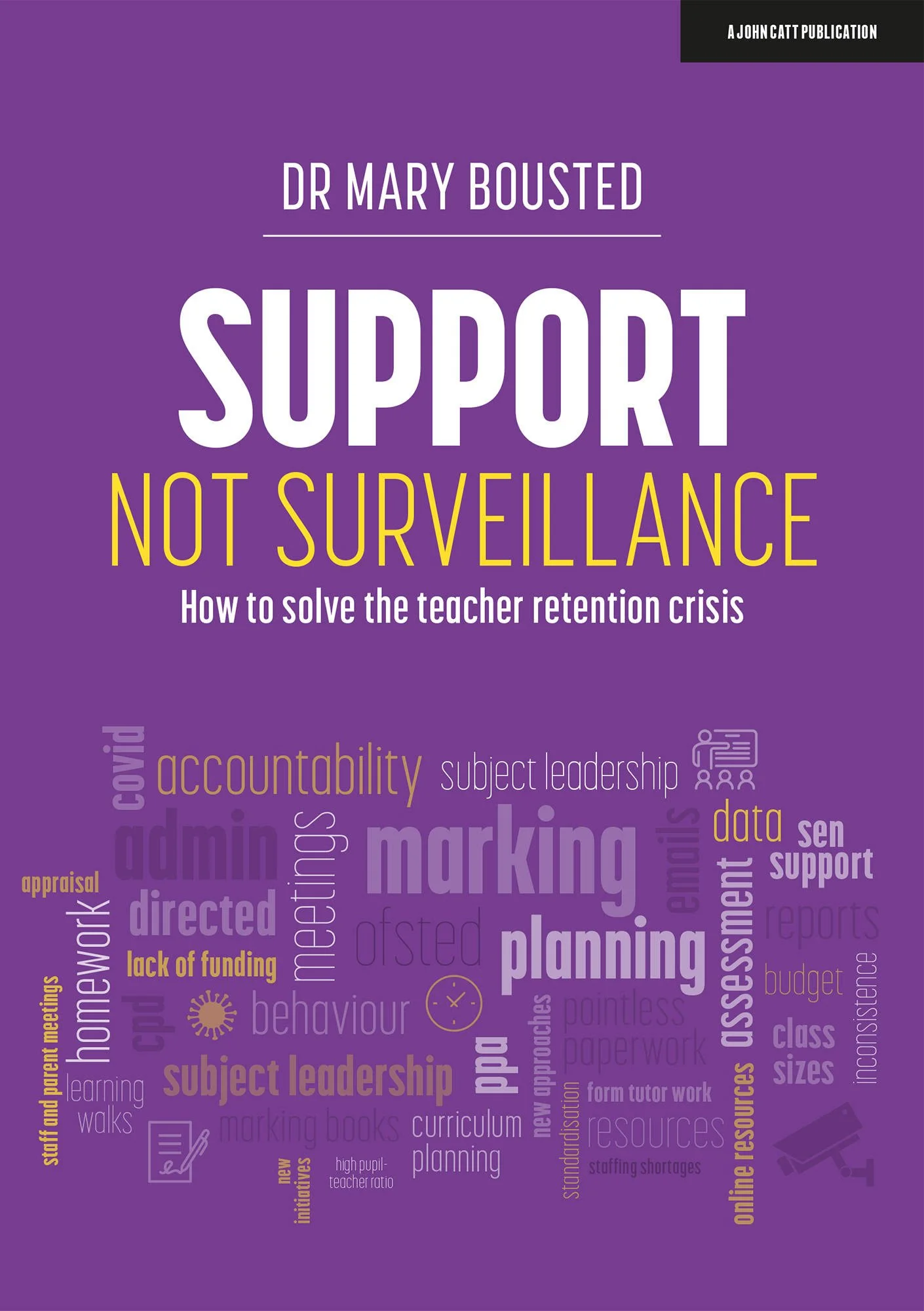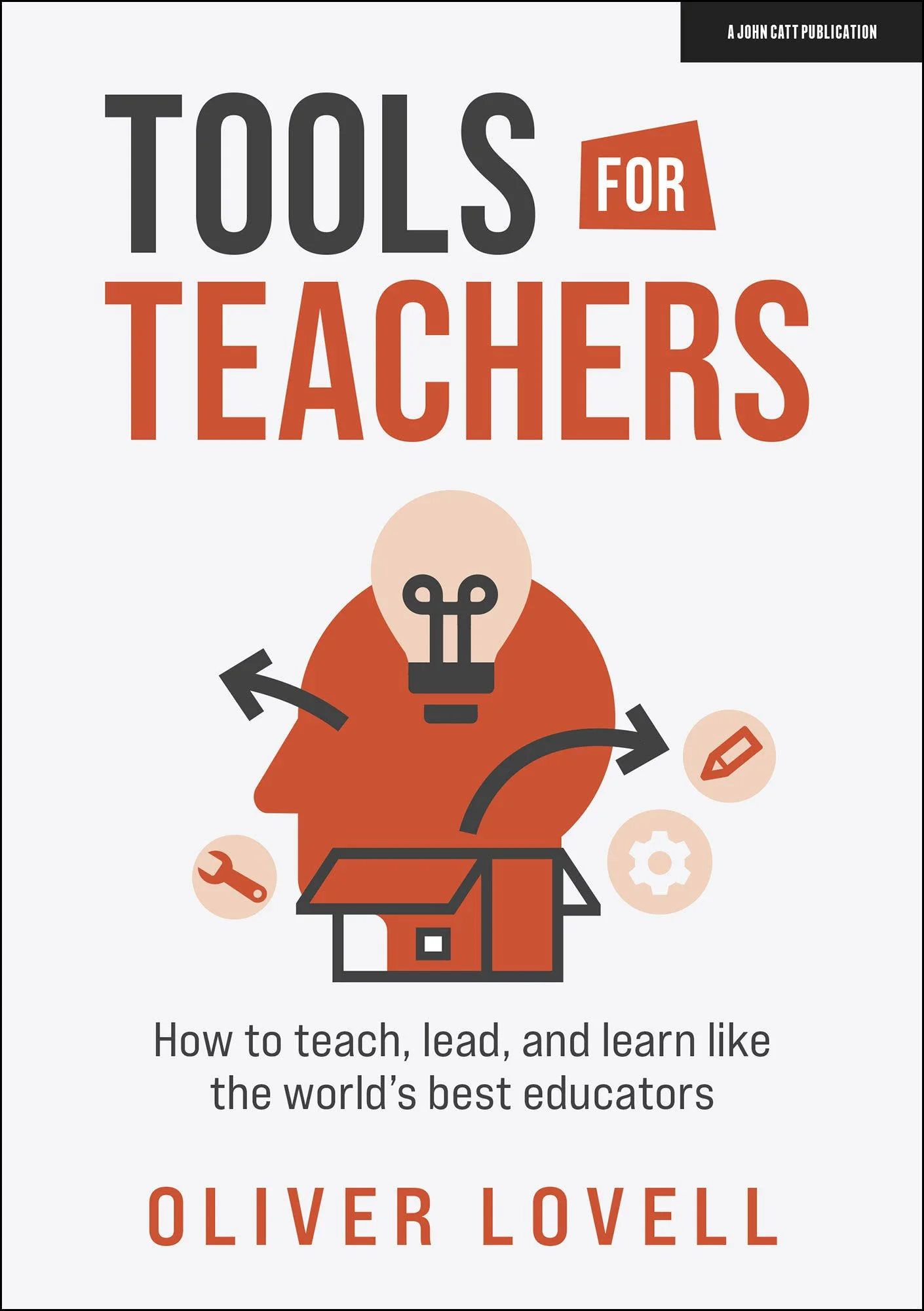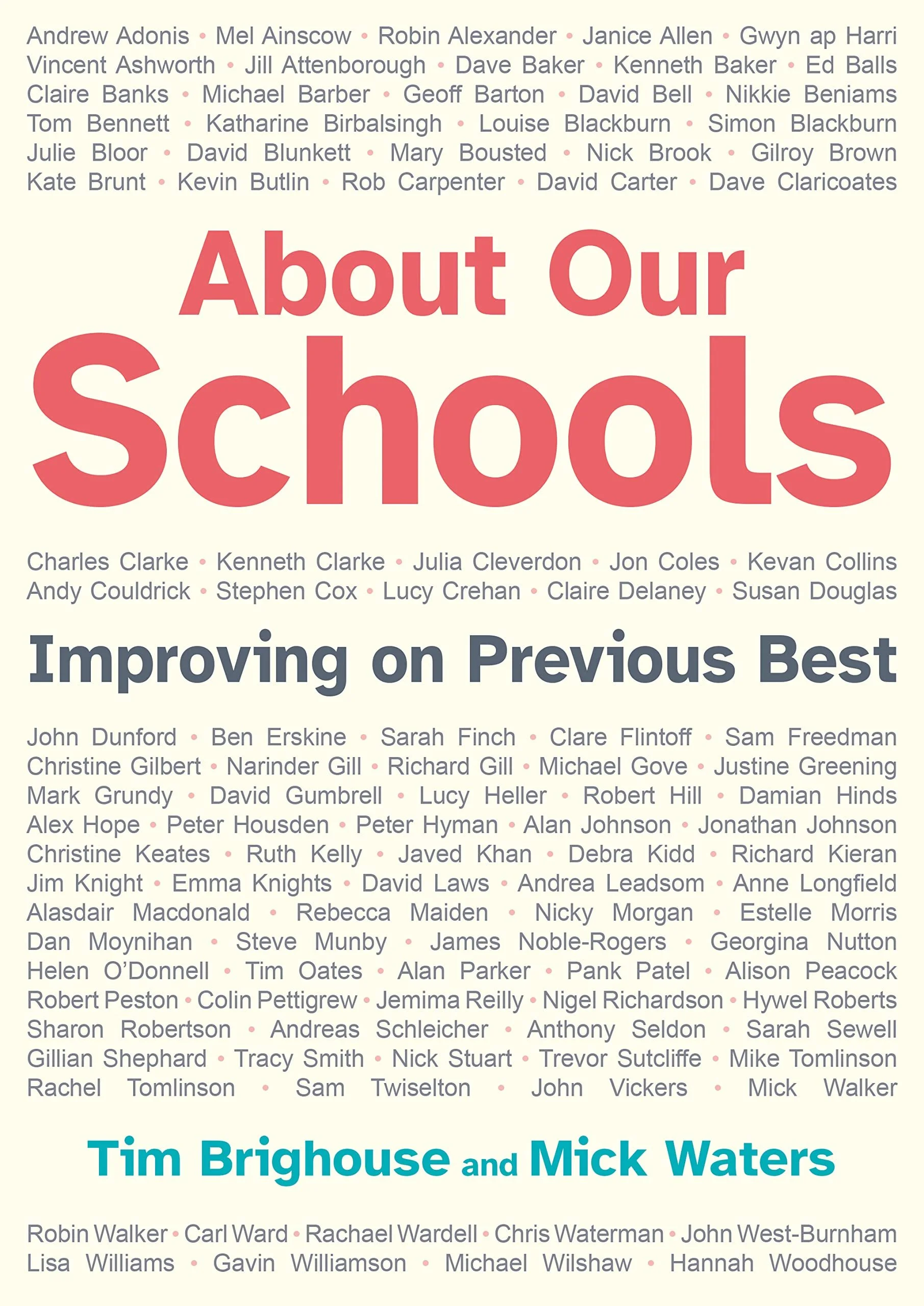As I pointed out in my notes on the Educational Writers Awards, I’ve had only the briefest of time with this book. Nevertheless, even two or three minutes is usually enough to enable one to decide whether a book is worth further exploration, or if it should be cast into the nearest bin. I’m happy to say that the former proposition is true here — as should be evident from the fact that the book made the shortlist!
Jim Christian’s How to think like a coder (subtitle: Without even trying) covers a range of topics in an easy-to-read but well-explained way. It’s claimed to be “A back-to-basics guide on coding for absolute beginners, whether adults or children”, although from the short time I had looking at it I thought it seemed written and designed for primary school children.
Mind you, I don’t think that’s a bad thing. It’s not so child-friendly to be positively off-putting to an adult, and it looks a lot less daunting than the usual tomes in this area.
I have a slight objection to the word “coder” in the title: I think “programmer” would have been preferable. Still, given that many (lay) people talk about “coding” it’s probably a good marketing move.
If I am able to see a review copy of the book I’ll be able to say more about it. In the meantime, I suggest checking it out for yourself on Amazon, where you can see extracts from it, or on the publishers’ website, where you can read more about it.
The idea of desirable difficulties has always appealed to me. In my teaching I’m partticularly in favour of applying Vygotsky’s concept of the zone of proximal development.
As far as I’m aware no Education Secretary has had the ability or the courage to deal with the teacher recruitment and retention crisis.
Overall the book is a good investment, although I did have some quibbles with it.
If you want to see the humble brag elevated to an art form, this is the book for you.
It’s a bit of a tall order, I think, to teach yourself computer science, as opposed to computer programming, because of the need to understand particular concepts.
[When I was a teacher,] as with many of my blog posts these days, my own handouts and lesson summaries were festooned with drawings, diagrams and arrows.
My first impression is that this is a handy toolkit which, once mastered, can be applied in lots of different contexts in any subject.
One of my first impressions: I like the fact that the book includes relatively recently-acknowledged attributes of the brain, such as neuroplasticity.
I’m always wary of books that are written while the issues that it addresses are new and current.
This book addresses online learning from the point of view of the learner, rather than the teacher or the institution











